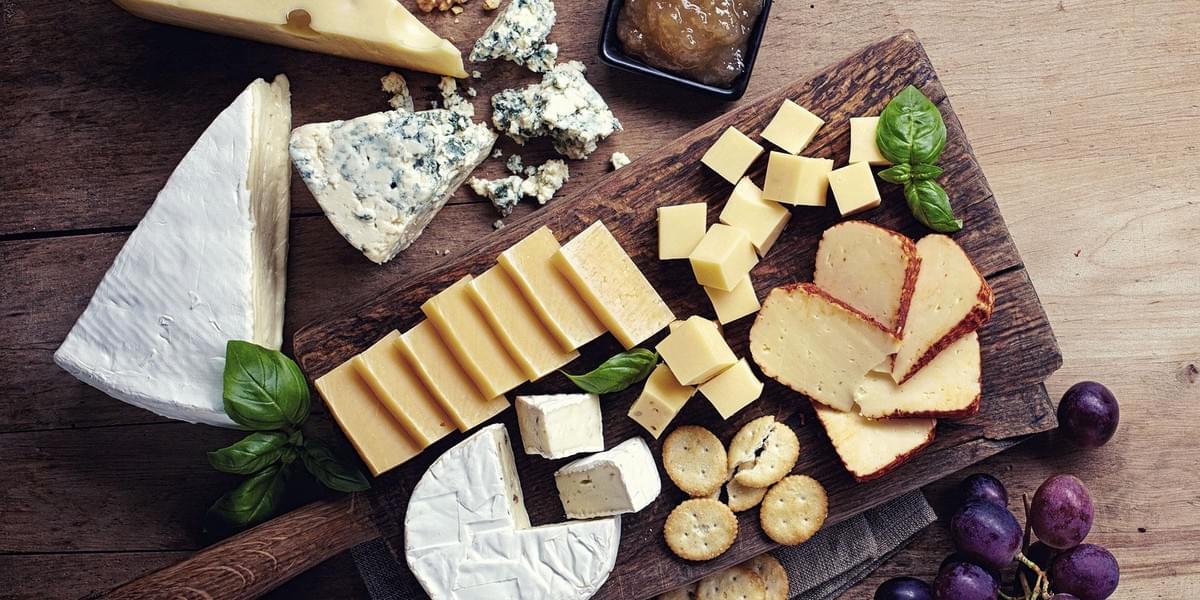
The process of cheese making requires a combination of ingredients, including milk, salt and bacteria. The bacteria that live in the environment help to transform the proteins in the cheese and change the taste and texture. The protein breaks down into smaller, medium-sized pieces, amino acids, and fatty acids. The resulting molecules are highly flavoured substances called amines. These compounds are essential for the creation of cheese. However, the process can be complex.The most important ingredient for cheese making is milk. The best milk is fresh, unpasteurized raw milk. Raw milk is difficult to find and can be expensive. One alternative is to pasteurize milk in the home.
You can find more helpful tips on this process here. Once you've prepared your milk, it's time to add starter cultures. These organisms are necessary for the coagulation process, helping the starter cultures to thrive.The first step in cheese making is preparing milk. Small factories can purchase unpasteurized milk, while larger factories can add a bacteria culture to the milk. Once the curds are formed, animal or vegetable rennet is added to separate them from the whey. After separation, the curds are cut into large pieces using a large knife. Once the curds are ready, the curds are placed in molds and aged.After selecting the ingredients, the next step is preparing the milk.
Raw milk can be purchased from a store, but it is not always available. Depending on the type of cheese you want to make, it can be more difficult to find raw milk. The best option is to buy pasteurized milk. You can also make your own by pasteurizing milk at home. You can find additional information about pasteurizing milk at https://cheeseandyogurt.co.uk/.Cheesemaking is a complicated process. Although the final goal is to create a cheese that tastes good, the main ingredient is the milk. Fresh, raw milk is the best option for cheesemaking. To make it, you need a clean, reliable source of raw milk. Sadly, raw milk is not available everywhere. Another alternative is to pasteurize your milk at home. Further information can be found here. If you decide to make your own cheese, make sure to follow the instructions carefully and use the proper equipment. If you're a beginner in cheese making, you may want to consider buying raw milk. It will be easier to make cheese if you buy raw milk instead of pasteurized milk. You can buy it from a grocery store, but it will still be necessary to purchase some starter cultures. These bacteria are essential for the process of making cheese. They will help you get the most out of your milk by producing flavorful cheese. Some starter cultures are genetically modified.
For more information related to the article above, please click here: https://en.wikipedia.org/wiki/History_of_cheese.